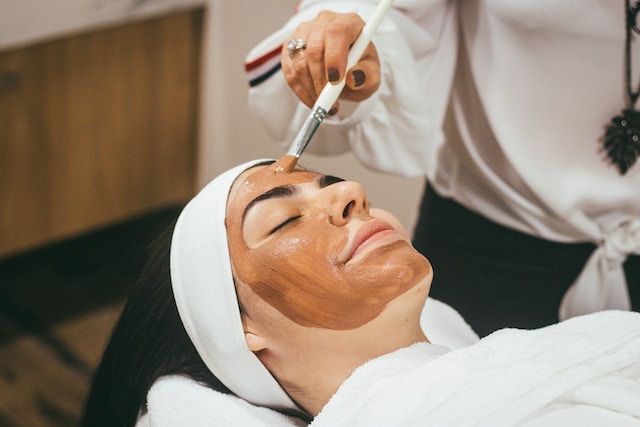Like you would spend time finding and choosing the right doctor for your heart or stomach, you should do the same with your skin. Start with a recommendation from a trusted source, such as a family physician or your primary care provider (PCP). Also, consider seeking a dermatologist who shares your racial identity and understands your cultural practices.
Look for a Board-Certified Dermatologist
Dermatologists are skilled at treating a wide range of conditions. Some are cosmetic, while others can have severe consequences if left untreated. Whether you have a cosmetic concern or need help with chronic skin diseases like acne, psoriasis, and rosacea, make sure the doctor you choose is board-certified. To find a dermatologist Memphis, TN, the first place to start is by requesting a referral from your primary care provider, a trusted friend, or a hairdresser. But you can also search online by zip code or look for the initials FAAD (Fellow of the American Academy of Dermatology) after the doctor’s name on their website. It indicates that they have completed a residency program specifically in dermatology. They have also passed a rigorous exam.
Ask for Referrals
Dermatologists rely heavily on referrals from other physicians to help them grow and manage their patient bases. However, many dermatologists must make a concerted effort to cultivate quality referral relationships, which can hurt them in the long run. When choosing a dermatologist, it’s essential to determine how many referrals the doctor has received. This will give you an idea of how well the dermatologist performs. Also, ask the dermatologist about their experience treating specific conditions and procedures. For instance, you may want to know how many patients the dermatologist has treated with your specific condition and their complication rates. You should also pay attention to the dermatologist’s bedside manner. They should be patient and thorough and listen to your questions and concerns.
Strong Doctor-Patient Relationship
Getting referrals from family, friends, and even your primary care provider (PCP) is the best way to find a dermatologist that’s right for you. These individuals will better understand what you’re looking for and can provide more nuanced recommendations than random online reviews. Choose a dermatologist with a suitable bedside manner. This means they’re willing to take the time to listen and answer your questions in a way that’s easy for you to understand. It’s also essential to find a dermatologist with cultural competency, which can help ensure they are well-versed in your specific needs and practices.
Doctor Who Participates in Your Insurance Plan
One of the best ways to find a great dermatologist is by getting a recommendation from someone you trust. This can include a primary care physician, a friend, or a family member. Getting a referral from someone you know will be more reliable than online reviews. Dermatologists diagnose and treat skin, hair, and nail diseases and conditions. They also manage cosmetic disorders, such as hair loss and scars. They can also recognize symptoms indicating underlying problems like organ disease or failure. When choosing a dermatologist, look for one who participates in your insurance plan. It would be best to ask about their fee schedule and any other costs associated with an appointment. In addition, be sure to ask about their doctor-patient relationship, bedside manner, and education.
Offers a Wide Range of Services
When you’re dealing with a chronic condition like eczema, psoriasis, or acne that requires ongoing care, it helps to find a dermatologist who can handle the full scope of your needs. Ask about the doctor’s experience with your specific skin condition and what complication rates are for their procedures. It’s also essential to find a dermatologist who has expertise in treating different skin tones, significantly darker ones. Darker skin can react differently to specific treatments and may increase the risk of scarring or keloids. When searching for a dermatologist, look for the FAAD acronym on their website or other credentials that indicate they are board certified.



